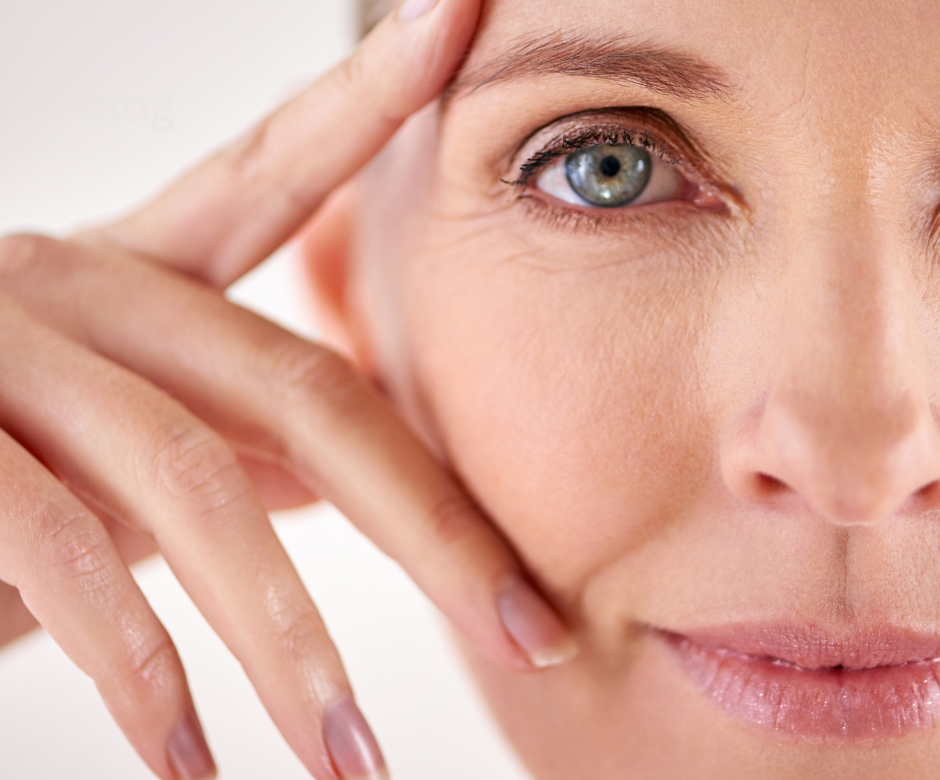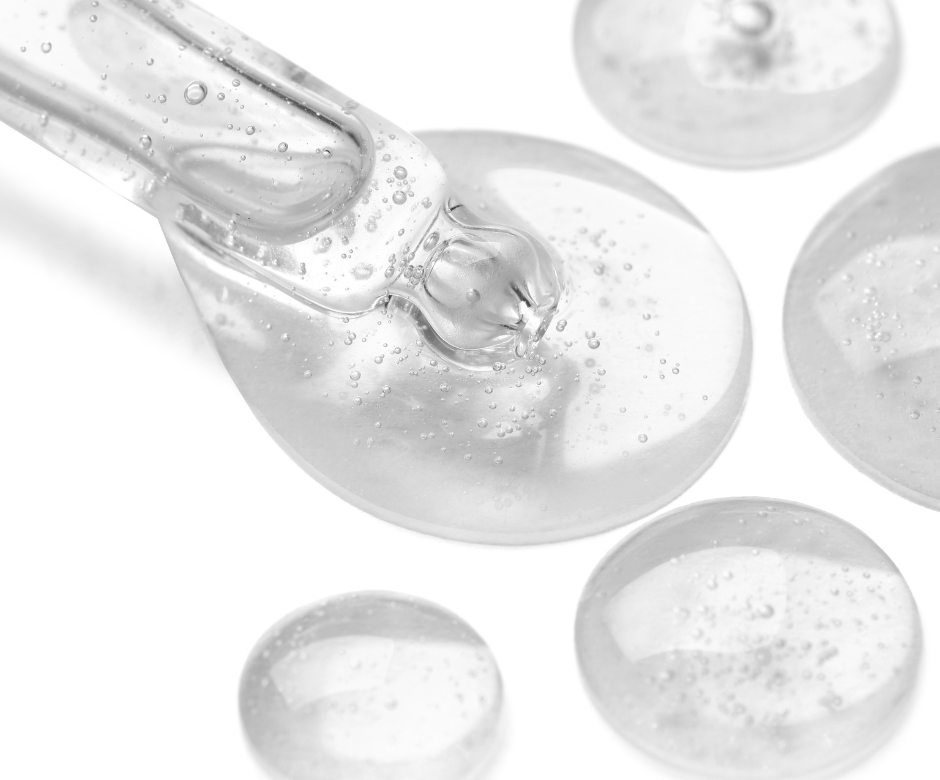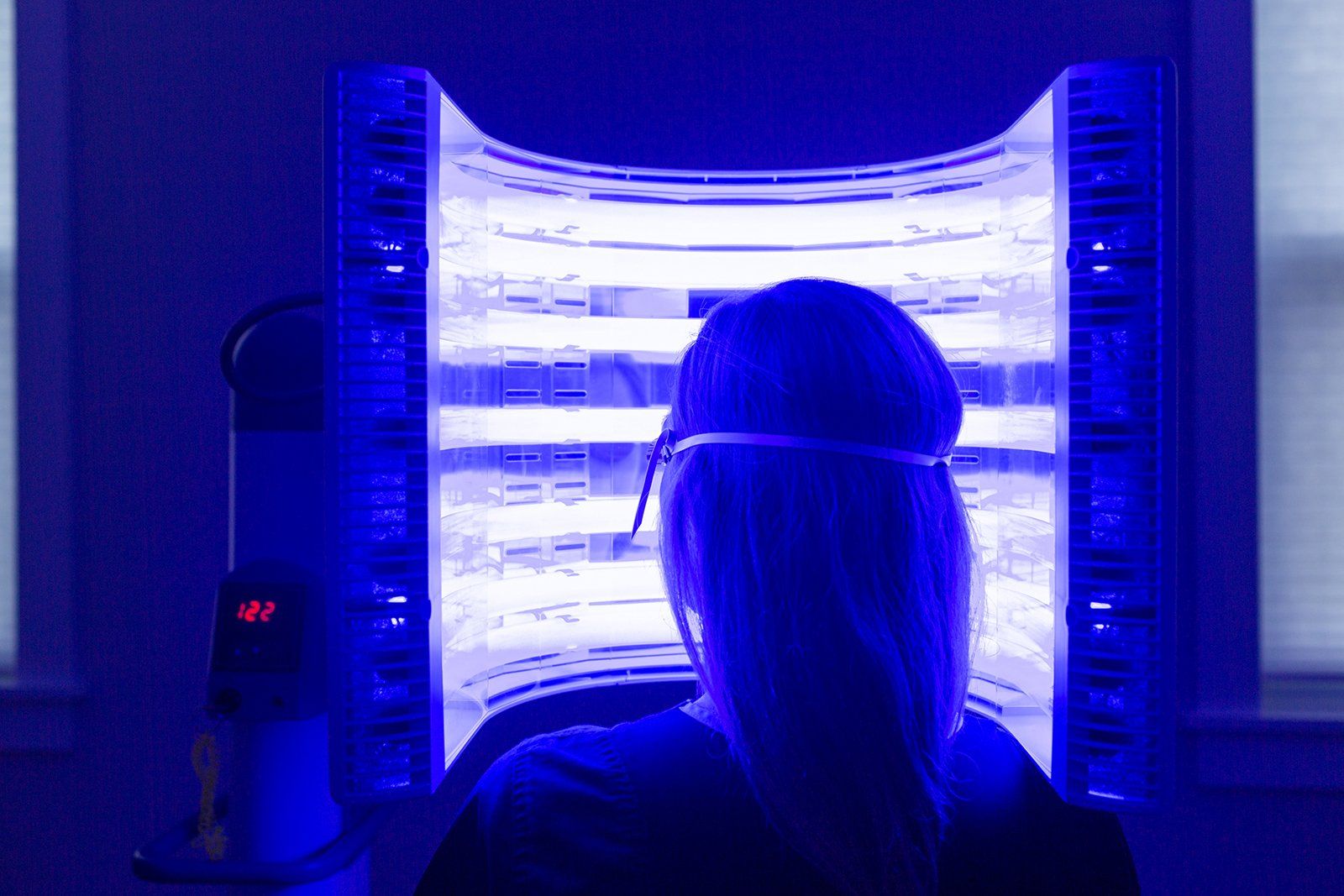Winter Skincare for All Generations
At Desjarlais Dermatology, our team treats patients of all ages, pediatrics to seniors. Every generation face skincare concerns during the Michigan winter months and we’re here to share tips to keep everyone comfortable and healthy.

Tips to Help Kids This Winter
Cold weather can be quite uncomfortable for children that live with eczema or have spells of dry skin. From temperatures to fabrics, the season can bring many triggers. Here are five ways you can help your young one adjust their daily routine for more comfort throughout the season:
#1 Adjust bath-time routines
Daily baths or showers aren’t necessary for children ages 6 to 11. Excessive bathing can increase water loss from the skin, worsening the dryness associated with eczema. To prevent that from happening, try these tub tips:
- Bathe children only as needed for hygiene.
- Shorten bathing to less than 10 minutes.
- Use tepid temperatures, which are less irritating to the skin.
- Pat skin dry (instead of rubbing) with a towel.
#2 Don't soap up
The soap you wash with may be part of the problem, and that 'squeaky-clean' feeling likely means you've removed too much moisture. Try:
- Using a soap-free cleanser from face to toe that is less likely to strip skin of its protective natural oils. Dermatologists often recommend Cetaphil Gentle Skin Cleanser or Olay Complete Body Wash. Extra sensitive skin may benefit from Avene skincare products.
- Skipping bubble baths—the detergents in them further dry out skin.
- Avoiding the use of deodorizing soap. The added scents can irritate sensitive skin.
#3 Moisturize
Thick emollients, or moisturizers, are a must to combat dryness. Early moisturizing has been shown to decrease incidence of atopic dermatitis, presumably by protecting the skin barrier. Here are some moisturizing musts to note:
- Use moisturizer liberally at least twice a day.
- Apply moisturizer from head to toe within three minutes of bathing when the skin is still damp to seal in moisture and help replenish skin hydration.
- Use a scent-free product such as Avene's XeraCalm A.D. Lipid Replenishing Balm.
- Your moisturizer ingredients are important. Preservative free is recommended for highly sensitive skin. Ceramides are important as well.
#4 Rethink clothes—and how to wash them
Fragranced products of any kind that come in contact with the skin can potentially cause an allergic reaction. Any residue left on clothing can also lead to skin irritation.
- Don’t use fragranced detergents, fabric softeners, dryer sheets or antistatic sheets.
- Always wash clothes before wearing to remove finishing chemicals such as formaldehyde, flame retardants and dyes that can trigger sensitivity or allergic skin reactions.
- Opt for 100% cotton or silk clothing, mittens and hats as opposed to wool, which can be prickly, or polyester, which can cause sweating (another trigger for eczema).
#5 Talk to your doctor
Winter Skin Care Tips for Seniors
As we get older, our skin becomes thinner, drier and more fragile. Lifestyle factors, such as sun exposure, weight loss/gain, diet, stress and smoking, medications and chronic illnesses can also make these changes worse. Our epidermis is designed to keep the outside out and the inside in and protect us from germs and injuries. It also loses these abilities over time.
Harsh winter weather further compounds these problems, leaving older adults with itchy, irritated skin and certain types of rashes.
Follow these essential tips for protecting your skin in cold weather.
1. Moisturize Regularly. Senior skin loses moisture much more easily, and dryness (xerosis) is a direct or contributing cause of many types of skin conditions. While lotion may provide enough protection for some, seniors might want to seek out heavier creams or ointments. However, be sure to check the ingredients as many soothing moisturizers contain lanolin, to which some people may be sensitive to. Vaseline (petroleum jelly) works well if you can tolerate the greasy consistency.
2. Stay Hydrated. Don’t hold back on fluids just because it’s cold outside.
3. Bundle Up. Before heading outdoors, be sure to cover as much exposed skin as possible. The skin on your hands and feet is particularly susceptible to frostbite. So don’t forget to protect your ears, neck and face. Dress in warm layers and try to top them off with an insulating, windproof fabric in particularly cold and/or windy conditions. This will help prevent painful, chapped skin that can take a while to heal.
4. Wear Sunscreen. It’s important to wear sunscreen even on cloudy winter days. Sun protection is especially important in snow. UV rays easily reflect off of snow and can still cause damaging sunburns despite overcast or cloudy conditions.
5. Take Care When Bathing. Be mindful of the water temperature when bathing and washing your hands, limit time spent in the shower or bath, and use soap-free cleansers to minimize skin irritation and dehydration.
6. Embrace Humidity. Full room humidifiers can add moisture back to dry air. Not only does this benefit your skin, but it can also soothe dry and inflamed airways and scratchy eyes.
Protecting yourself from the winter temperatures and the havoc it can cause to your skin doesn’t mean spending the season locked indoors. We provide these helpful tips so you and every member of your family can go live life to the fullest. We hope they help but know our team is always here if they don’t.
Share this article with friends!

How the Desjarlais Experience Can Help Manage GLP-1 Side Effects for a Healthier Weight Loss Journey









